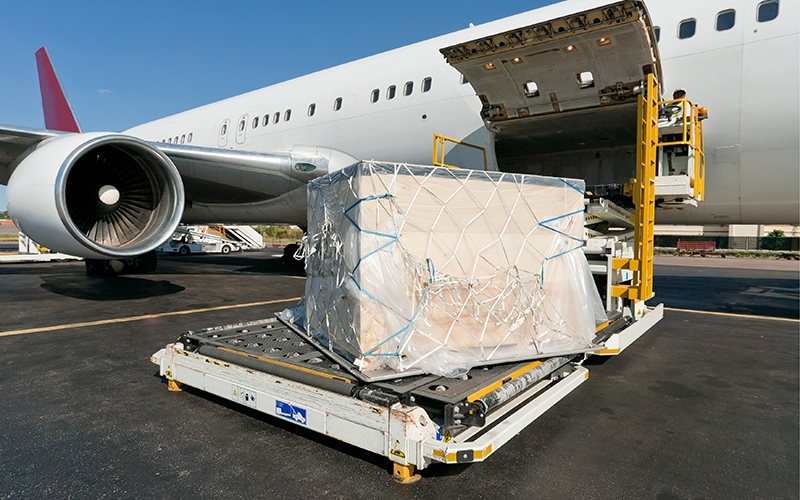Aircraft Shortage: The Plane Truth

Expected aircraft engine shortages will have a substantial impact on the global supply chain’s cargo capacity and more. Fewer available aircrafts, combined with growing demand for air cargo services, could lead to a surge in freight rates, significantly affecting businesses reliant on air for time-sensitive or high-value goods.
Aircraft shortages may also force businesses to explore alternative shipping routes and transportation modes, which could result in longer transit times and potential logistical challenges.
When dealing with an air capacity shortage, effective inventory management becomes crucial to minimize the damage of potential delays in transportation. Close collaboration with suppliers and customers, as well as implementing advanced real-time data, can help optimize inventory levels and minimize the impact of this event.
Diversifying supplier bases and exploring multiple transport modes can also help reduce reliance on a single mode of transport, therefore reducing the impacts when one mode experiences unexpected events like a materials shortage.
Implementing enhanced visibility across the supply chain through real-time data and dynamic lead times becomes imperative during a shortage. Real-time shipment tracking and monitoring can help businesses proactively identify potential disruptions and take necessary actions.
To mitigate disruptions from an aircraft engine shortage, focus on preventative measures like putting in place high-quality supply chain visibility, collaborative partnerships, and agile inventory management to keep the supply chain moving.
–Bart De Muynck, Chief Industry Officer, project44
